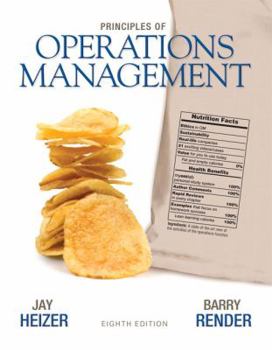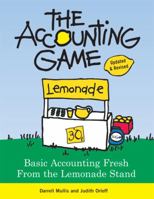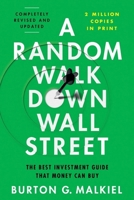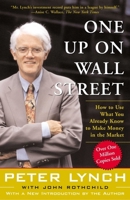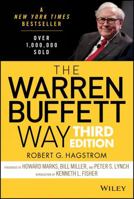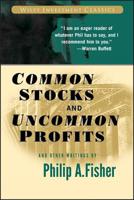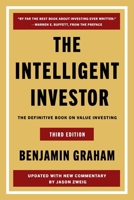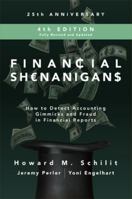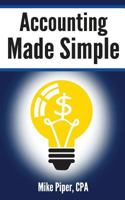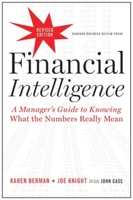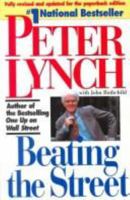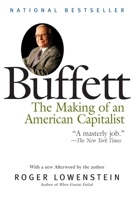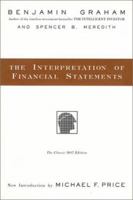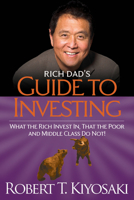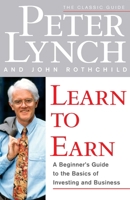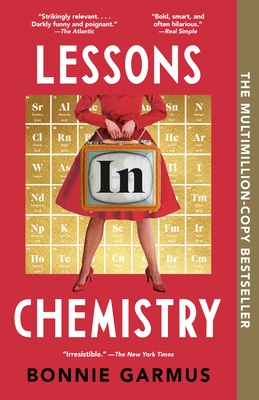Principles of Operations Management
NOTE: Before purchasing, check with your instructor to ensure you select the correct ISBN. Several versions of Pearson's MyLab & Mastering products exist for each title, and registrations are not transferable. To register for and use Pearson's MyLab & Mastering products, you may also need a Course ID, which your instructor will provide. Used books, rentals, and purchases made outside of Pearson If purchasing or renting from companies other than Pearson, the access codes for Pearson's MyLab & Mastering products may not be included, may be incorrect, or may be previously redeemed. Check with the seller before completing your purchase. "For courses in Operations Management." "This package includes MyOMLab ." A Broad, Practical Introduction to Operations, Reinforced with an Extensive Collection of Practice Problems "Principles of Operations Management: Sustainability and Supply Chain Management " presents a broad introduction to the field of operations in a realistic and practical manner, while offering the largest and most diverse collection of issues on the market. Problems found in the Tenth Edition contain ample support found in the book s solved-problems and worked examples to help readers better understand concepts important to today s operations management professionals. For a more comprehensive version with the business analytic modules at the end of the text, see Heizer/Render s "Operations Management: Sustainability and Supply Chain Management Plus MyOMLab with Pearson eText -- Access Card Package, "12/e (0134422406 / 9780134422404). Personalize Learning with MyOMLab MyOMLab is an online homework, tutorial, and assessment program designed to work with this text to engage students and improve results. Within its structured environment, students practice what they learn, test their understanding, and pursue a personalized study plan that helps them better absorb course material and understand difficult concepts. 0134422414 / 9780134422411 "Principles of Operations Management: Sustainability and Supply Chain Management Plus MyOMLab with Pearson eText -- Access Card Package, " 10/e Package consists of: 0134181980 / 9780134181981 Principles of Operations Management: Sustainability and Supply Chain Management 0134184114 / 9780134184111 MyOMLab with Pearson eText -- Access Card -- for Principles of Operations Management: Sustainability and Supply Chain Management " This description may be from another edition of this product.
Format:Paperback
Language:English
ISBN:0136114466
ISBN13:9780136114468
Release Date:January 2010
Publisher:Pearson College Div
Length:644 Pages
Weight:3.35 lbs.
Dimensions:11.0" x 1.0" x 8.5"
You Might Also Enjoy
Related Subjects
Business Business & Finance Business & Investing Business Mathematics C C & C++ Windows Programming Computer Science Computers Computers & Technology Development Economics Education & Reference Investing Investments & Securities Languages & Tools Math Mathematics Object-Oriented Design Programming Programming Languages Science & Math Skills Software Design, Testing & EngineeringCustomer Reviews
5 customer ratings | 5 reviews
There are currently no reviews. Be the first to review this work.










